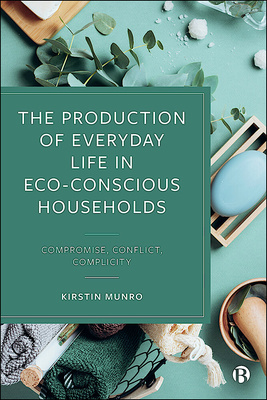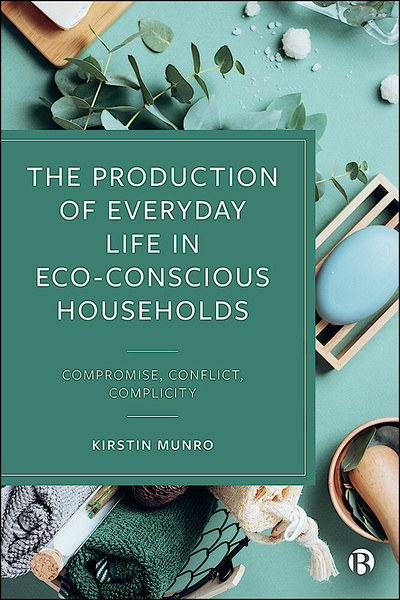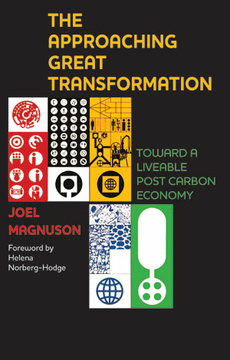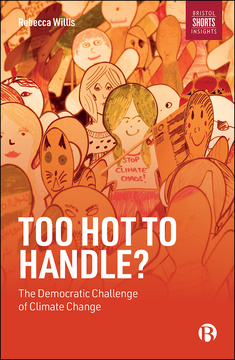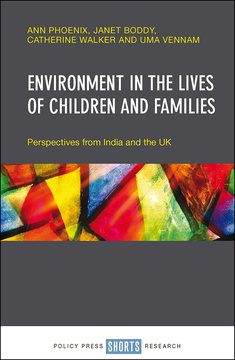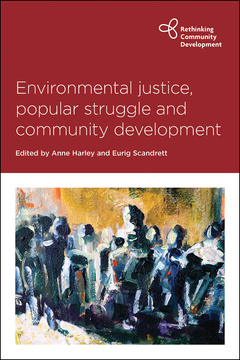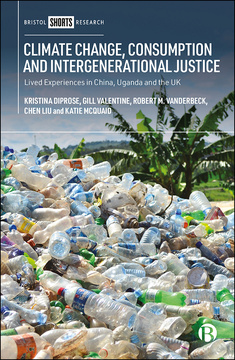The Production of Everyday Life in Eco-Conscious Households
Compromise, Conflict, Complicity
By Kirstin Munro
Published
Mar 28, 2023Page count
198 pagesISBN
978-1529211474Dimensions
234 x 156 mmImprint
Bristol University PressPublished
Mar 28, 2023Page count
198 pagesISBN
978-1529211498Dimensions
234 x 156 mmImprint
Bristol University PressPublished
Mar 28, 2023Page count
198 pagesISBN
978-1529211498Dimensions
234 x 156 mmImprint
Bristol University PressBased on qualitative interviews with sustainability-oriented parents of young children, this book describes what happens when people make interventions into mundane and easy-to-overlook aspects of everyday life to bring the way they get things done into alignment with their environmental values. Because the ability to make changes is constrained by their culture and capitalist society, there are negative consequences and trade-offs involved in these household-level sustainability practices.
The households described in this book shed light on the full extent of the trade-offs involved in promoting sustainability at the household level as a solution to environmental problems.
"Kirstin Munro’s innovative study of eco-conscious families provides a fine-grained analysis of household production and makes a landmark contribution to Marxist-feminist theories of capitalist social reproduction." Lise Vogel, Rider University
"Munro’s fascinating book highlights how individuals concerned with overconsumption, waste, and environmental degradation make decisions about their everyday lives. Students will find much to recognize in how these global concerns get integrated into the daily choices, debates and compromises of people who are trying their best to live ethical lives." Anne Meneley, Trent University
Kirstin Munro is Assistant Professor of Economics at The New School for Social Research in New York.
1. Introduction: “This Can’t Be All Up to Me”
2. Eco-Conscious Household Production and Capitalist Society
3. Priorities in Eco-Conscious Households
4. Resources and Constraints in Eco-Conscious Households
5. Managing Household Waste
6. Cleanliness and Comfort
7. Doing Their Own Research
8. Conflict
9. “How Do We Live with Ourselves?”
10. Conclusion: “We Have Met the Enemy and He Is Us”







